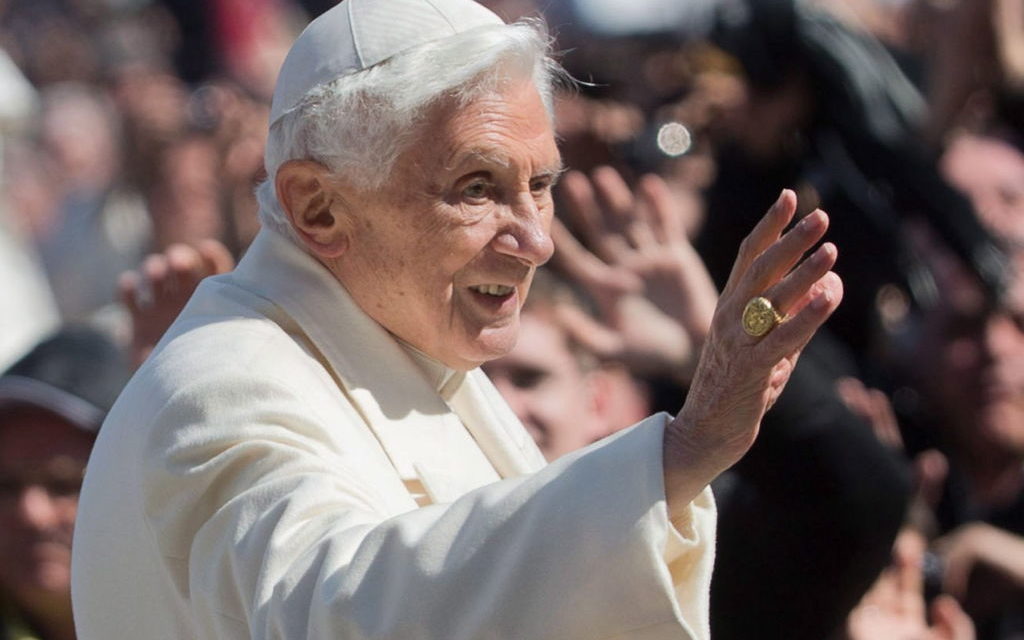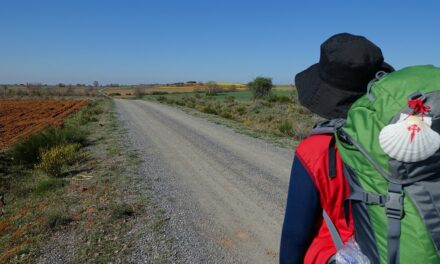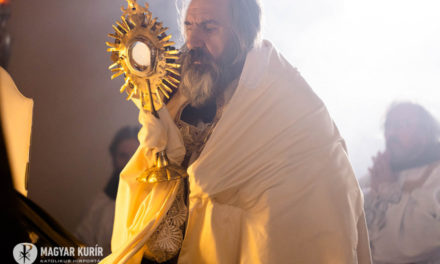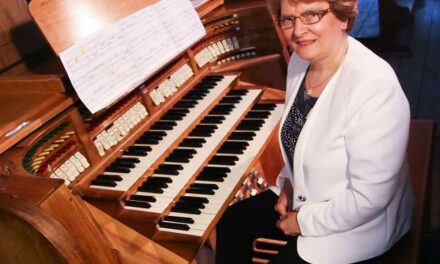XVI. Pope Benedict was the head of the Roman Catholic Church between 2005 and 2013. With his remarkable theological work and the university department he founded, he tried to implement a marked, fresh approach just as much as with the encyclicals he published, which reformulated the social doctrine of the Catholic Church in the light of globalization. The master of understanding faith died on December 31, 2022, at the age of ninety-five.
Joseph Aloisius Ratzinger was born in Marktl am Inn, Upper Bavaria, on April 16, 1927, in a deeply religious family that disliked the National Socialist system. He spent his teenage years in Traunstein near Salzburg, at the age of 14 he had to join the Nazi youth organization, the Hitler Youth, according to the laws in force.
At the age of sixteen, he was drafted into the anti-aircraft corps, he was also stationed in Hungary for a while, and deserted at the end of the Second World War. After a short time as a prisoner of war, at the end of 1945, he and his brother Georg became students at the priestly seminary in Traunstein. From 1946 he studied philosophy and theology in Freising and at the University of Munich.
Together with his brother, he was ordained a priest on June 29, 1951, two years later he obtained a doctorate in theology with his dissertation, and in 1957 he obtained his habilitation.
He taught dogmatics and theology in Freising and then at the universities of Bonn, Münster and Tübingen. Between 1962 and 1965, he participated in the Second Vatican Council, which reformed the Catholic Church, as a theological advisor to the Archbishop of Cologne. In 1972, he was one of the founders of the influential theological journal Communio.
At that time, he was still considered among the reformers, but his views - although he always stood by the council's teachings - became more and more conservative.
In 1977 VI. Pope Paul appointed him archbishop of Munich and Freising and created him a cardinal. In 1981 II. Pope János Pál appointed him prefect of the Church's magisterium, the Vatican's Holy Congregation for the Doctrine of the Faith, and he led one of the most influential Vatican organizations for 24 years.
He was also president of the International Theological Council and the Pontifical Biblical Council. He distributed II. János Pál the more than 900-page New Catechism. In 2004, also under his leadership, the theological summary formulated in a simple and clear form, the 150-page abridgement of the New Catechism, was completed.
He resigned from the Archdiocese of Munich in 1982, and became Cardinal-Archbishop of Velletri-Segni in 1993. In 2002, after turning 75, according to church law, he had to submit his request for resignation, but II. Pope John Paul II kept one of his top advisors in his office.
Cardinal Ratzinger was elected dean of cardinals that year, making him second in the hierarchy of the Catholic Church, and he also became responsible for conducting the papal election.
II. After the death of János Pál, the cardinal conclave elected Joseph Ratzinger as the 265th pope after a meeting of just 26 hours on April 18-19, 2005 – one of the shortest in church history.
The new head of the church, who since 1730 was the oldest to sit on the throne of St. Peter at the age of 78, is the reigning XV. After Benedict, he was chosen by XVI. Benedict laughs.
For the eighth time in person, and after 480 years, a German again became the head of the Catholic Church, and it was the first time since the captivity of the popes in Avignon that a non-Italian pope was elected twice in a row.
Although many expected a conservative turn, the Pope who professes the motto "Cooperatores veritatis" (Cooperators of the truth) turned out to be a more thoughtful and progressive reformer. He was aware that the Catholic Church had to cope with the challenges of a secularizing world, but it had to reform itself in such a way as to preserve its identity, its millennia-old traditions and values.
His three encyclicals, which talk about Christian love, Christian hope, and the full development of man, are considered among the most important.
Like his predecessor, he rejected abortion, artificial birth control and euthanasia, opposed the legalization of cohabitation of same-sex couples, the ordination of women as priests and the abolition of celibacy.
On February 11, 2013, the elderly pope announced that he was resigning from his position, justifying his decision by saying that he was tired and could no longer bear the burdens of the office. Before this, for the last time in 1415 XII. Pope Gregory resigned in order to end the great schism in the West.
After the election of the now-retired (emeritus) pope's successor, Pope Francis, he moved to the Mater Ecclesiae monastery in the Vatican. He left his Vatican residence for the last time in June 2020 to visit his dying brother in Bavaria, when he last appeared in public.
Pope Francis' first encyclical, Lumen fidei, published in July 2013, is considered unprecedented because it is the joint work of the two popes. The highly educated retired pope, who prefers to play Bach and Mozart on the piano as a hobby, spoke six languages, read and understood another four, and in 2015 the scientific library created in his honor and dedicated to books written by or about him was inaugurated in the Vatican.
XVI. Benedek's list of publications includes 135 volumes, which have been translated into 37 languages. In 2016, Last Conversations , and in 2019, Brazilian director Fernando Meirelles' The Two Popes , about him and Pope Francis, was premiered. XVI. On September 4, 2020, at the age of 93 years, four months and 16 days, Benedict became the longest-lived pope, surpassed only by Pope XIII, who died in 1903. Leo lived.
hirado.hu
Featured image: MTI/EPA/Michael Kappeler













